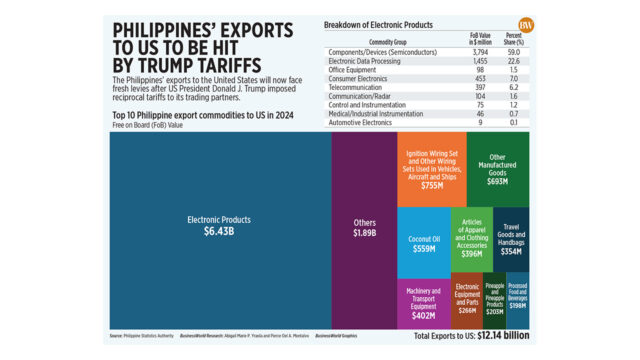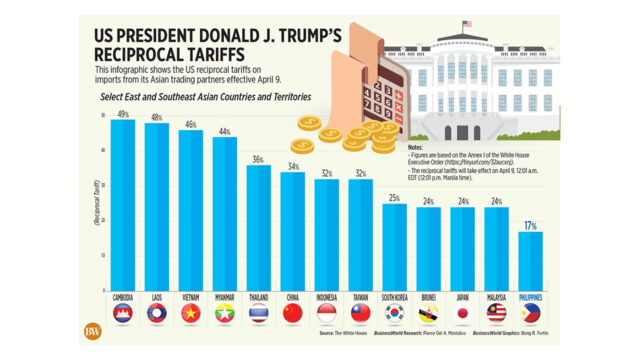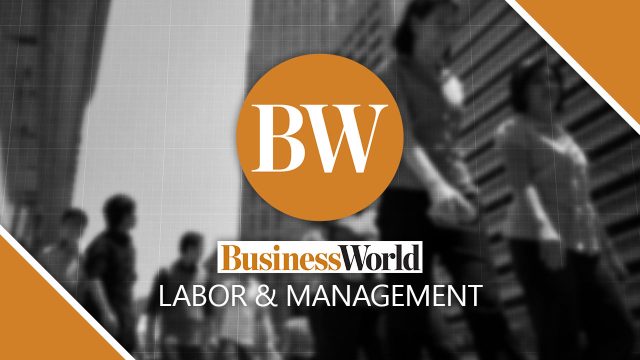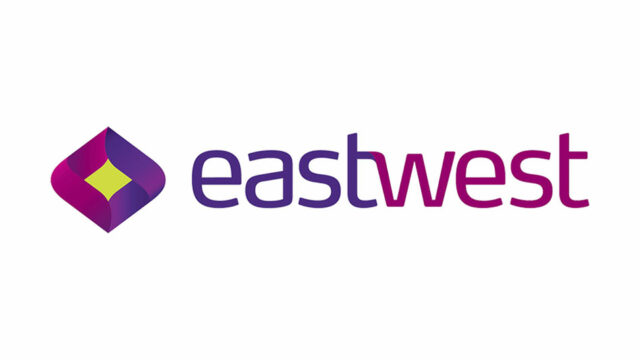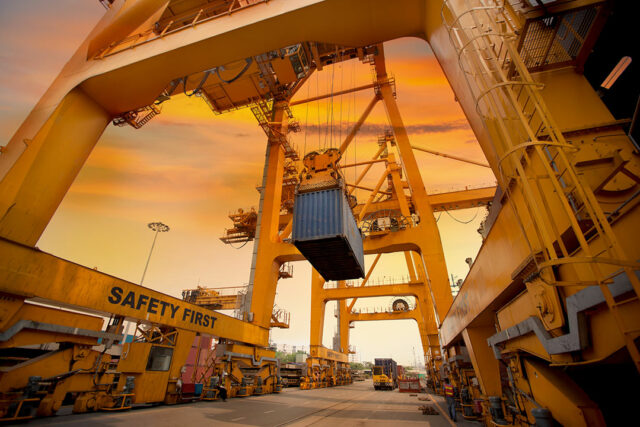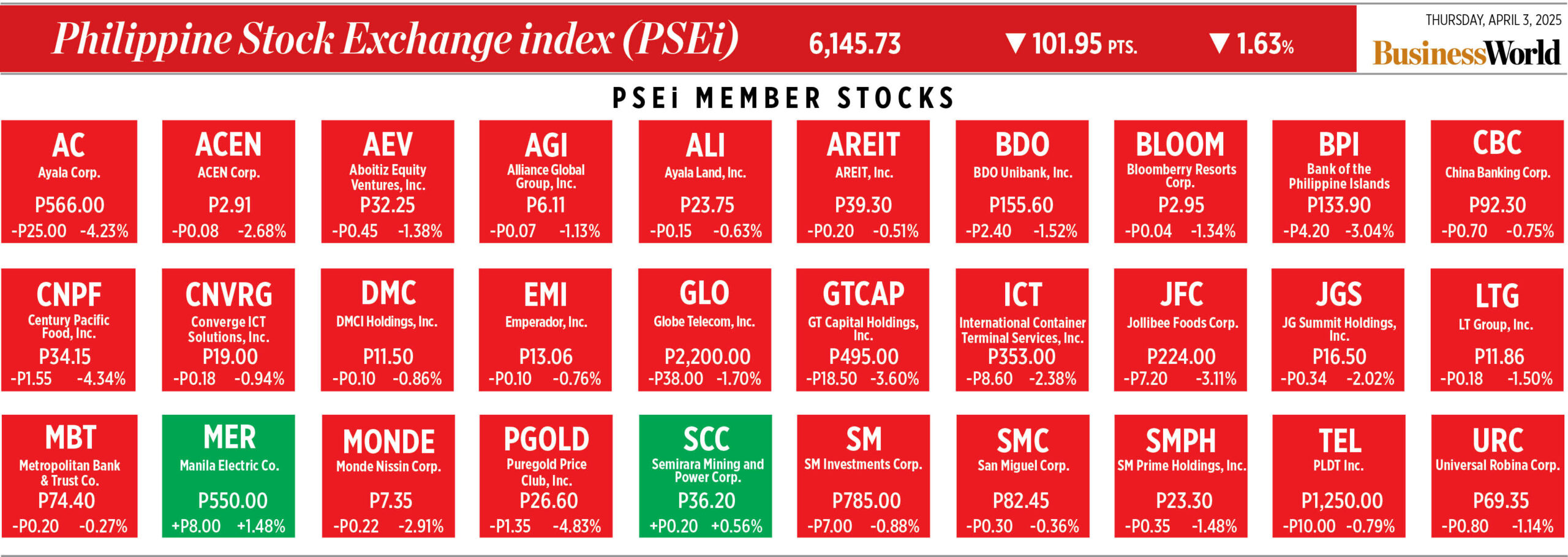Netflix’s Adolescence has ignited global debate.
The series traces the disturbing journey of 13-year-old Jamie Miller, whose exposure to misogynistic online communities may have contributed to him to killing a female classmate. Its graphic portrayal has captivated audiences, with more than 66 million views.
This week, British Prime Minister Keir Starmer said he wants to see it shown in high schools, framing it as a cautionary educational tool against the toxic “manosphere.”
His office said showing Adolescence would help students better understand the impact of misogyny, dangers of online radicalization, and the importance of healthy relationships.
Should parents be watching the series with their kids?
Before you turn on the TV, remember Adolescence is not a documentary. It is a drama series. And the issues it raises require care and nuance.
The manosphere is a collection of digital spaces such as forums, influencers, and content creators, that promote extremist sexist views under the guise of male empowerment.
While initially focused on fathers’ rights, controversial content creators like Andrew Tate have shifted its focus toward pushing extremist beliefs to boys and young men. Core beliefs include:
• men and women have strict and opposing roles they must follow;
• women manipulate men through sex and their appearance;
• men are either winners (dominant and attractive), or losers (weak failures), pressuring boys to obsess over power or resign themselves to failure.
A growing body of research is showing some young people are being influenced by these views.
So it is hugely important to address misogyny and gender-based violence in our community. But we need to approach young people with care.
Many boys are now growing up in a culture where masculinity itself can be framed as toxic.
Adolescence fits into this framing, dramatizing an extreme case of a boy radicalized into violence. But presenting it without nuance risks implying all males are innately aggressors.
This could alienate young men who might already be hesitant to discuss their struggles.
Research shows boys often avoid seeking help for depression or anxiety because it makes them seem vulnerable and not masculine. They can be taught from an early age crying or admitting fear risks ridicule.
So this presents a challenge. We need to be able to confront harmful behaviors without making boys feel “inherently broken.”
We also need to be careful not reinforcing any feelings of shame that might prevent boys from seeking help.
Meanwhile, we need to understand the power of online worlds and social media. Adolescence (ages 10–14) is a time of vulnerability. As puberty reshapes their bodies and brains, teens become hyper-sensitive to social judgement and peer approval. For insecure teens, social media can function as a “super peer” — shaping attitudes and behaviors, much like a big brother or sister.
Extremist content preys on insecurity by offering dangerously simplistic answers to complex questions about who they are and how they should behave:
• simplistic rules (“This is how you should act”)
• belonging (“We understand you”)
•scapegoats (“Your pain is their fault”).
Platforms like Instagram and TikTok also use algorithms which promote the content that triggers strong reactions. We see this in manosphere content, and content that focuses on other areas of vulnerability, such as physical appearance, relationships, and life goals.
So teens need help to navigate this digital landscape in an informed and balanced way.
Adolescence can serve as one potential starting point for crucial discussions about gender, identity, and online influences.
As a dramatic series rather than a documentary, it’s value lies in its ability to provoke questions and start conversations, rather than provide answers.
If you are watching it with your child you could talk about:
• why certain ideas about masculinity and femininity appeal to them and to others;
• how social media shapes their sense of identity;
• what healthy self-expression and relationships really look like;
• what voices are missing from the series (such as the perspective of the girl killed and her family);
• what support teens would find meaningful from parents and teachers.
The series succeeds if it makes viewers more thoughtful about the content they consume and the identities they choose to embrace, but we shouldn’t mistake it for a comprehensive solution.
And if it’s not right for your child or household, Adolescence should not be seen as mandatory viewing. The most important thing is to create spaces where adults and teens can critically examine how they use social media, identity, and relationships.
Good discussions can start anywhere, from a Netflix drama, to a news article, or a student’s personal experience. What matters most is that we’re having them – and we keep having them as children and young people grow up.
THE CONVERSATION VIA REUTERS CONNECT
Joanne Orlando is a researcher on Digital Literacy and Digital Wellbeing at the Western Sydney University. She receives funding from NSW Department of Education and previously from Office of eSafety Commissioner.

